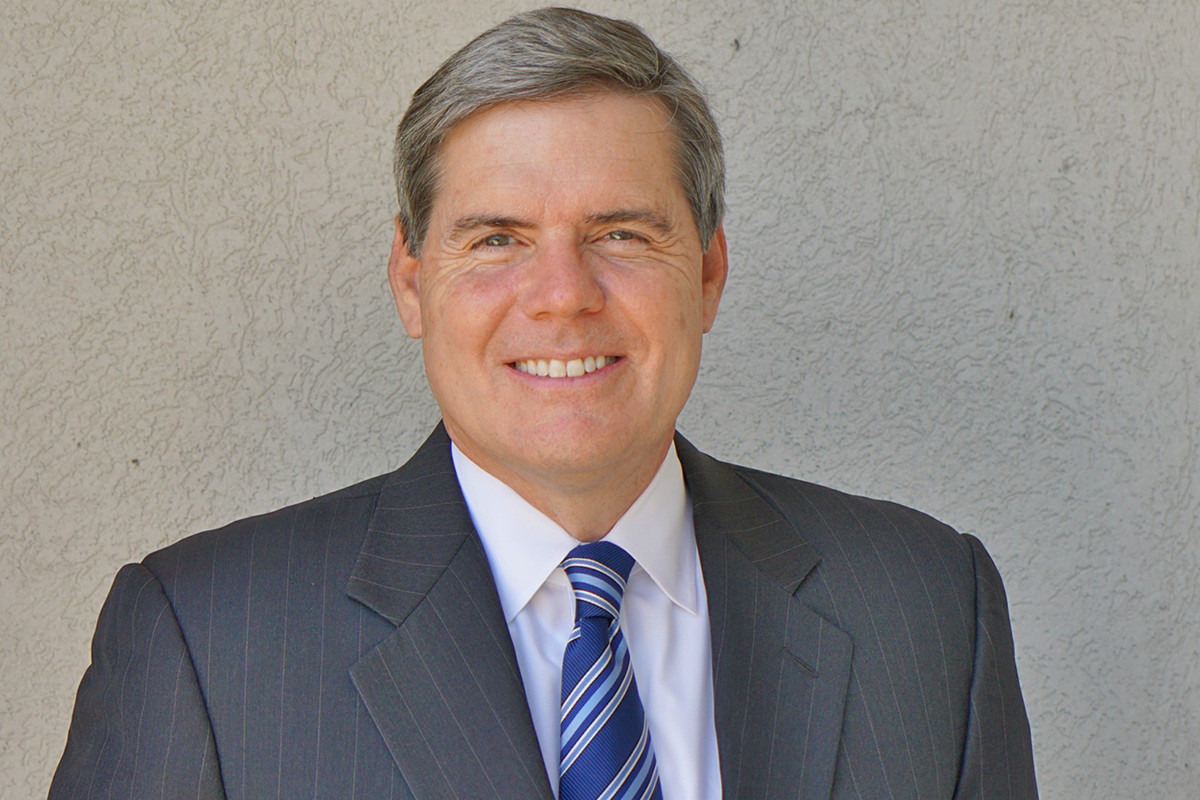By: Kyle Massey at Arkansas Business
Scenic Hill Solar of Little Rock has landed an agreement to create the state’s largest commercial solar project for the University of Arkansas System, and to CEO Bill Halter’s delight, one of the arrays will be on Scenic Hill itself.
Halter named his company in a nod to North Little Rock, his hometown, and the main campus of the University of Arkansas-Pulaski Technical College happens to sit atop on the picturesque hill, at 3000 W. Scenic Drive.
The on-premises array proposed there will be one of several on property owned by the UA System or owned and controlled by Scenic Hill Solar.
“I appreciate that you are one of the first people to pick up on that little juxtaposition,” Halter told Arkansas Business on Wednesday. “We’re excited about that [building on the company’s namesake site].”
Halter had plenty of reasons to be excited. “I may have buried the lead,” he said. “We are still checking on this, but I believe that this will be the largest solar project by a public university in U.S. history.” Halter’s alma mater, Stanford, powers its operations with solar power, but it’s a private university.
The UA System board of trustees approved a plan last month for Scenic Hill to install and own up to 24 solar power plants to provide up to 74 megawatts of electricity to system locations across the state.
UA System President Donald R. Bobbitt wrote in an April 12 letter to trustees that the solar services agreement with Scenic Hill will let the system save $149 million on electric bills over the project’s 25-year lifespan.
“Deployments are in 14 different electric utility service territories across Arkansas,” Halter said. “So it’s a really comprehensive project. It will touch every UA System campus.”
Scenic Hill was one of five firms that submitted proposals to a seven-member committee created to review proposals, and that panel, the UA Solar Committee, issued a letter of intent to award the project to Scenic Hill in December. The trustees voted last month to ratify the plan. “Under the terms of the [solar services agreement], Scenic Hill Solar will provide all capital costs, design, permitting, installation, utility interconnection, operations and maintenance of the solar arrays and provide energy as a service to the University of Arkansas System,” Bobbitt wrote in his letter to the trustees.
He said that the system will buy from Scenic Hill the entire output of the arrays. “Based on reasonably projected utility rate increases,” Bobbitt wrote, “the SSA is expected to maintain positive cash flow each year over the life of the agreement.”
The system expects $4 million in savings in the first year alone.
No university money will be used to fund the project, known as System Wide Solar Net-metering. Halter expects Scenic Hill to invest at least $100 million. After at least 40 megawatts of capacity have been approved by the Arkansas Public Service Commission, “each campus, unit and division will pay $.0395 per kilowatt hour” of electricity, just under 4 cents, according to capital project proposal documents provided by the UA System.
Land acquisition and design work are already under way, Halter said. “We are able to move forward on some of the solar power plants in the very near term, and the timing of those will be dependent upon the lead time of some of the specialty equipment.” PSC approvals will also affect timing.
“The other aspect of this,” Halter said, “is the university has a number of initiatives to provide training and education opportunities and research opportunities in solar across a number of different campuses, and Scenic Hill will be working with them to help them expand those programs as well.”
Stone in the Sun
Stone Bank is showing off its new 219-kilowatt solar power array at its branch in White Hall, and it held a ceremony there April 25, predicting $1.1 million in electric bill savings over the 30-year lifespan of the power plant.
The project, developed and installed by Entegrity of Little Rock, is projected to supply 79% of Stone Bank’s electricity needs at its sites in White Hall, Little Rock, Mountain View, Harrison, DeWitt and Gillett. The project qualifies for the pre-2023 benefits of the Arkansas Renewable Energy Development Act, according to a news release.
CEO Marnie Oldner said Stone Bank is thinking ahead about running its operations more sustainably. “I’m proud of Stone Bank’s history of innovative thinking and customer service,” she said in a statement. “This solar array keeps our operating expenses lean, allowing us to access funds we can use to enhance our clients’ experience.”


